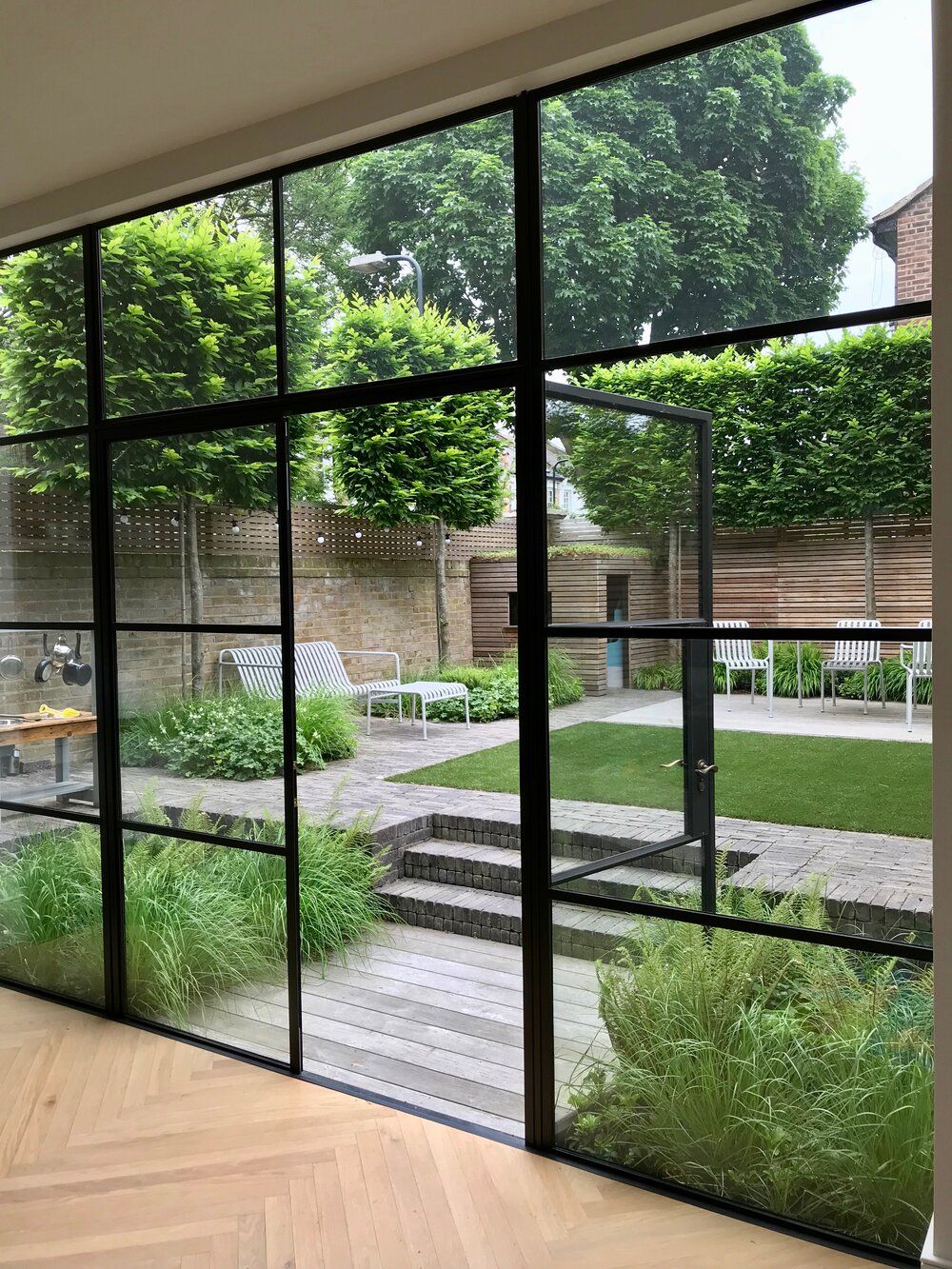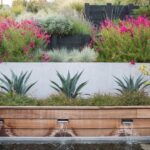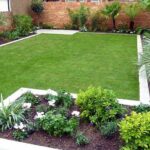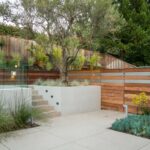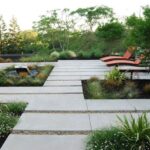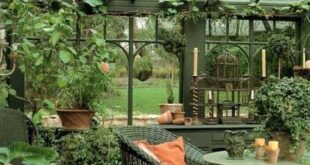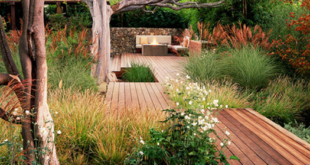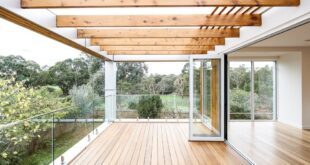In recent years, there has been a growing emphasis on incorporating sustainable practices into garden landscaping. As awareness of environmental issues continues to increase, more and more people are looking for ways to reduce their impact on the planet and create beautiful outdoor spaces that are not only visually appealing but also environmentally friendly.
One of the key principles of sustainable garden landscaping is the use of native plants. Native plants are well-suited to the local climate and soil conditions, which means they require less water, fertilizer, and pesticides to thrive. By incorporating native plants into garden designs, landscapers can help create habitats for local wildlife and reduce the need for irrigation and chemical inputs.
In addition to using native plants, sustainable garden landscaping also focuses on water conservation. One way to reduce water usage in the garden is to install a rainwater harvesting system, which collects rainwater from roofs and directs it into storage tanks for later use in irrigation. Drip irrigation systems can also be used to deliver water directly to plant roots, reducing waste and promoting healthier plant growth.
Another important aspect of sustainable garden landscaping is the use of organic and natural materials. This includes composting organic waste to create nutrient-rich soil, and using natural mulches to retain moisture and suppress weeds. By avoiding synthetic chemicals and fertilizers, gardeners can create healthier ecosystems that support a wide variety of plants and wildlife.
Creating habitats for pollinators and other beneficial insects is also a key component of sustainable garden landscaping. Planting a variety of flowers, herbs, and shrubs that attract bees, butterflies, and other pollinators can help support biodiversity and promote healthy ecosystems. Providing shelter and food sources for birds, amphibians, and other wildlife can also help create a balanced and sustainable garden environment.
Overall, sustainable garden landscaping is about creating outdoor spaces that are beautiful, functional, and environmentally friendly. By incorporating native plants, conserving water, using organic materials, and promoting biodiversity, gardeners can reduce their impact on the planet and create sustainable landscapes that will thrive for years to come. Whether you are a homeowner looking to update your garden or a professional landscaper designing outdoor spaces for clients, incorporating sustainable practices into garden landscaping is a great way to create a greener future for all.
